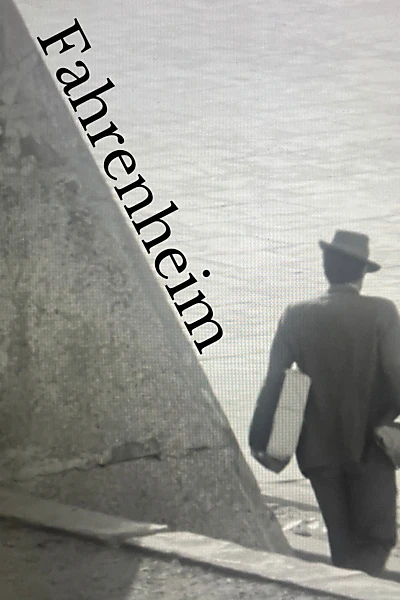Biography
(No Information)
Filmography
all 3
Movies 3
Writer 3
Information
Known ForWriting
GenderMale
Birthday1887-08-08
Deathday1970-02-17 (82 years old)
Birth Nameשמואל יוסף הלוי טשאטשקיס
Birth PlaceBuchach, Ukraine
LifestyleVegetarianism
ChildrenEmuna Yaron
CitizenshipsTransleithania, Mandatory Palestine, German Empire, Weimar Republic, Israel
Awardshonorary citizen of Jerusalem, honorary doctorate of the Weizmann Institute of Science, Newman Prize, Bialik Prize, Israel Prize, Nobel Prize in Literature
This article uses material from Wikipedia.
Last updated:
 Shmuel Yosef Agnon
Shmuel Yosef Agnon- Filmography
- Information


